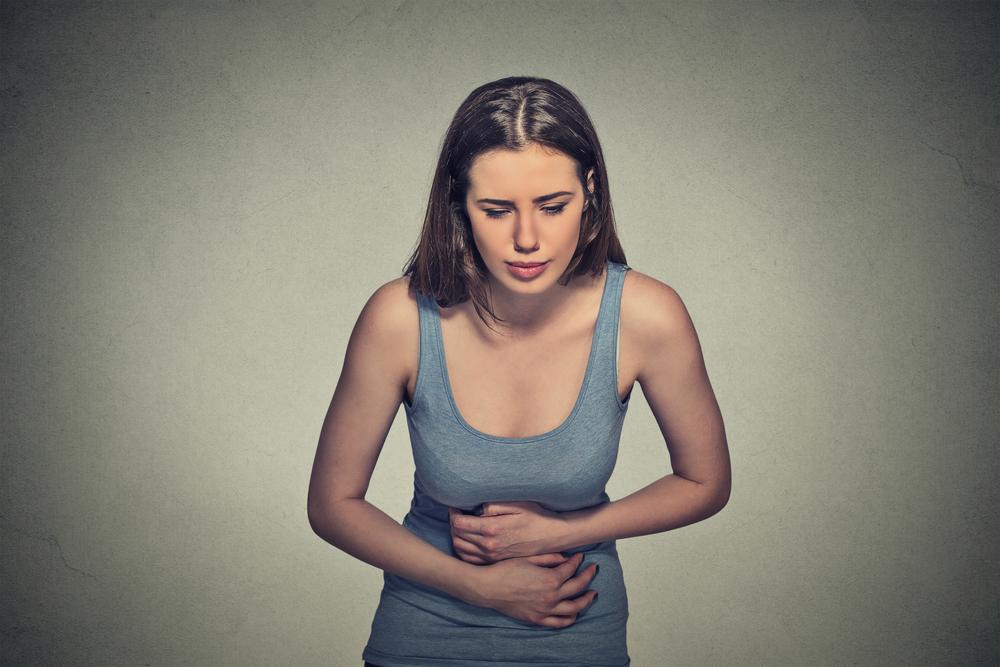
Causes and symptoms of polycystic ovary disorder (PCOS)
Every component of the human body is assigned a certain role to play, and the proper execution of the same is what ensures the appropriate functioning of the body. One such component of the body that has an immense control on the way we look, and feel is the hormones. Hormones are the chemical messengers in the body that determine several important bodily functions, and any imbalance in the hormonal level is known to result in a string of health issues.
One such health condition which arises when the hormones go haywire is Polycystic Ovary Syndrome, commonly known as PCOS. One out of five women are known to suffer from this hormonal condition, and there are a variety of factors that trigger it. This condition is characterized by problems women face when their hormonal levels fluctuate, and the most common consequences of this condition are irregular period and difficulty in getting pregnant. There’s a lot more to Polycystic Ovary Syndrome (PCOS) and learning about this disorder ensures that you will be on guard and learn how to handle this condition without panicking.
What is PCOS?
- PCOS is a condition which is characterized by the presence of small cysts on the ovaries, thus the name polycystic ovary syndrome. These cysts aren’t quite harmful, yet they are responsible for the imbalance in the hormonal levels. As mentioned earlier, the hormones are chemical messengers that allow you to perform vital bodily functions.
- In PCOS, these hormones go out of control and especially the sex hormones. The ovaries release a small amount of male sex hormones, but, in PCOS, the ovaries release more than the required levels of male hormones which result in issues with the menstrual cycle.
What are the causes and symptoms of polycystic ovary syndrome (PCOS)?
The causes and symptoms of polycystic ovary syndrome (PCOS) are as follows-
Causes of polycystic ovary syndrome (PCOS)
- Usually, women who suffer from polycystic ovary syndrome do so since this disorder is hereditary. It runs in the family.
- The body’s ability to use insulin contributes a lot to maintain healthy sugar levels in the body. Women who display signs of insulin resistance also suffer from PCOS.
Usually, before a disorder becomes prominent, there are various symptoms that surface and are indicative of the underlying condition. The symptoms of polycystic ovary syndrome (PCOS) are as follows-
Symptoms of polycystic ovary syndrome (PCOS)
- Irregular period : One of the most prominent symptoms of polycystic ovary syndrome (PCOS) is an irregularity in the menstrual cycle. Women suffering from PCOS have less than eight periods a year.
- Acne: One of the characteristics of PCOS is the overproduction of male hormones, and this makes the skin oily and can result in acne breakouts on the face, chest, and upper back.
- Hair growth: Women suffering from PCOS display symptoms of hirsutism, excess hair on the face and body, especially on the chest, back, belly. Around 70% women suffering from this condition display this symptom of polycystic ovary disorder (PCOS).
- Darkening of the skin : Another prominent symptom of polycystic ovary syndrome (PCOS) is the darkening of the skin on body creases like around the neck, near the groin or under the breasts.
- Weight gain : Women suffering from PCOS are mostly on the heavier side. The irregularity of the menstrual cycle is what sets the weight gain in motion, and this, in turn, hinders the menstrual cycle.
It has been observed that losing 10% of the body weight can improve this condition. Certain lifestyle changes are recommended to stop the worsening of the condition.
Recommended Video: 5 Exercises for PCOS Patients




